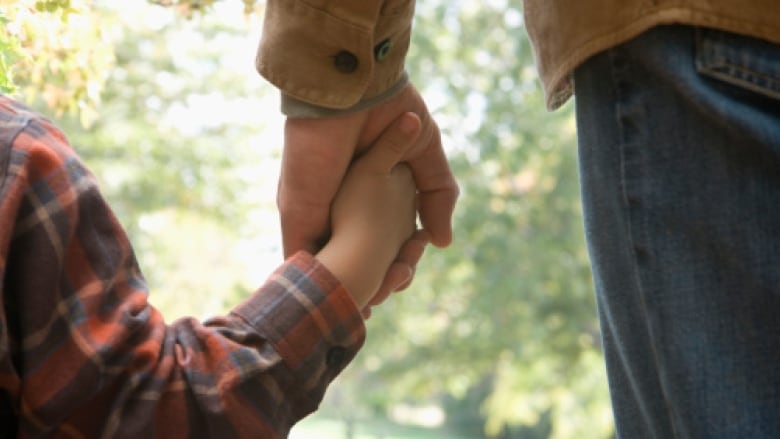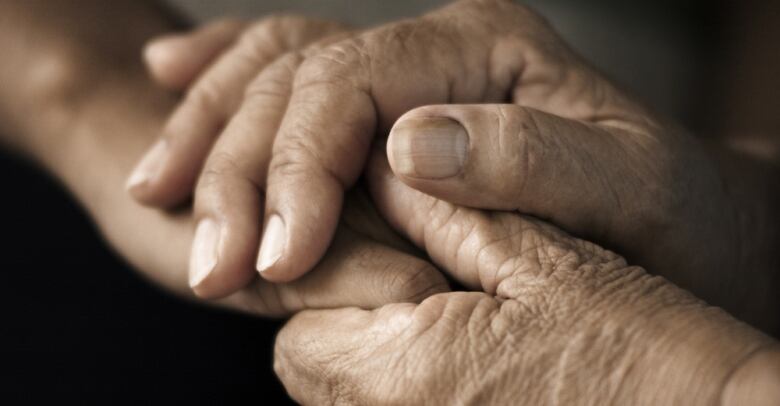Nova Scotia soon to be one of few provinces with closed adoption records
N.B., P.E.I., Que. and N.S. have closed records

Nova Scotia will soon be one of the only Canadian provinces with closed adoption records, and advocates say having closed records violates Nova Scotians' rights to know their own origins.
By the end of 2016, Nova Scotia - along with New Brunswick, P.E.I. and Que.- will be the only provinces that do not allow birth mothers and adult adopted children to obtain information about one another.
'Completely inequitable'
Valerie Andrews is executive director of Origins Canada, a federal non-profit supporting mothers and adopted children.
She told CBC's Information Morning that the handful of holdouts on closed adoption records have created an inequitable situation across the country.
"Some people have to go to extreme measures such as searching on the internet, circulating pictures of themselves on Facebook, going on Craigslist, all kinds of lengths, with expense and humiliation, just to find their origins, while those in other provinces in Canada simply request and receive documentation at no charge from their provincial government within a few weeks."
"It's completely inequitable and it's an abuse of the basic human rights of Nova Scotians."
'A personal decision'
Many countries, such as Australia and Great Britain, have had open adoption records for decades, while othersincluding France, Israel and Mexico never closed them.
Andrews said research suggests that having open records has no negative consequences for either party, and that some studies suggest that as many as 85 percent of mothers want to find out what happened to their children.
"[Open records] doesn't mean relationship, it just means that those two parties are getting the information to do with it what they choose. They might want to put it in a drawer. They might want to take that next step and go search that person out."
"This is a personal decision, and it is the right of every person to know their origins and to be able to make those decisions for themselves."
Privacy concerns
Nova Scotia has cited privacy concerns as the primary reason for closed records. But Kathy Bonner said that justification doesn't make sense.
"All any of us want to know as mothers is are our children, who are now adults, are they okay."
Bonner had her daughter when she was 17 and living in P.E.I.36 years later, Bonner said she doesn't even know if her daughter is alive.
"[At 17] I was able to sign my child away; I wasn't able to vote but I could do that."

'I have nothing'
Bonner said at the time, she was under the impression she would meet her daughter when her daughter turned 18. But because her daughter hasn't registered to be contacted, Bonner has no way of getting in touch with her.
"So I have to maintain that balance of searching for her, but never wanting to intrude either."
Bonner said speaking with other mothers and advocating against closed records has helped her recover from the shame and grief of her own adoption experience.
But she said she's still without any record of her daughter closed or otherwise.
"You really question: was that all a dream? You have no pictures, you have no paperwork.I have no paperwork showing me I went through this and I actually carried this child and gave birth to her."
"I have nothing."
With files from CBC's Information Morning












_(720p).jpg)


 OFFICIAL HD MUSIC VIDEO.jpg)
.jpg)



























































































